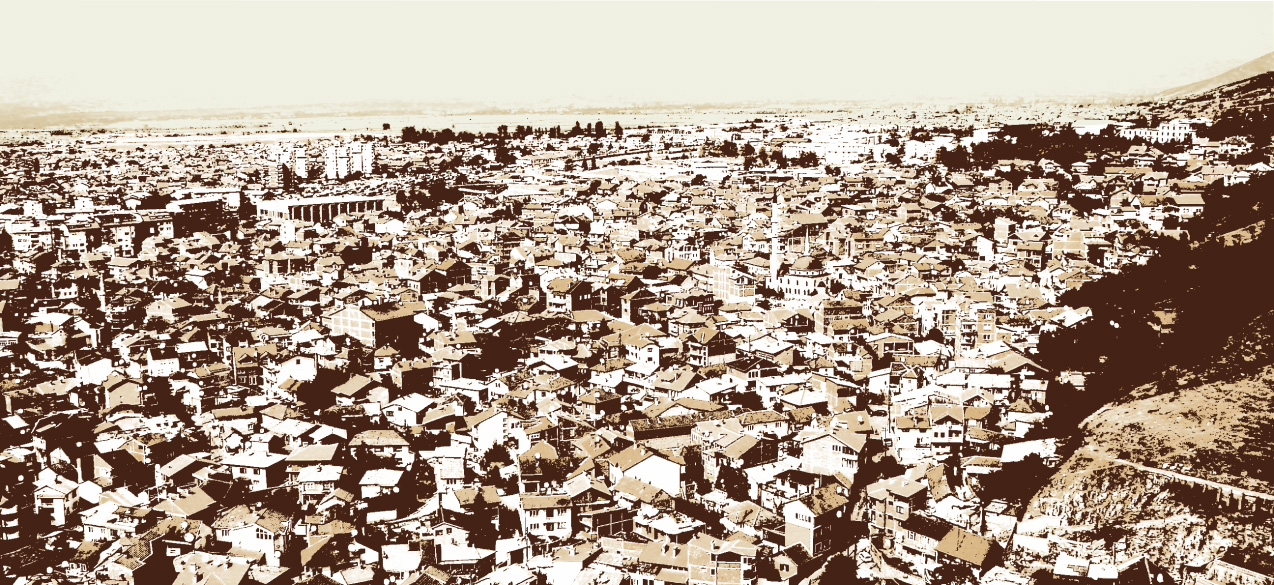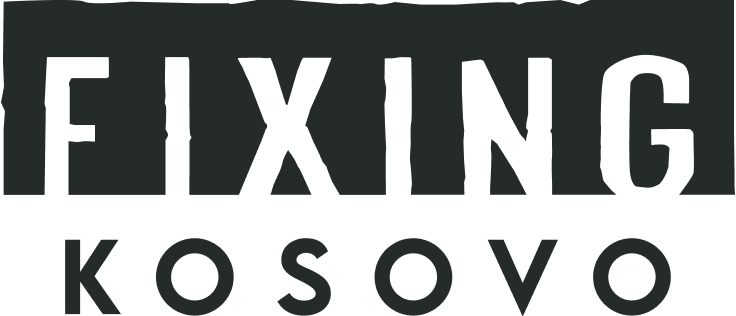
Here’s how the story usually goes.
Kosovo and the Balkans – a region like no other: unstable, volatile, and forever tied to its history of conflict. In Kosovo, the 1998-1999 war still casts a long shadow, with ethnic hatred between Albanians and Serbs said to define almost every interaction.
Kosovo, they claim, is a land frozen in time – where patriarchal traditions rule the streets, and modernity feels like a distant dream. Corruption, they say, is everywhere, with shadowy networks pulling the strings, while the country survives only through Western oversight.
And yet, despite the chaos, Kosovo is often wrapped in mystique – wild, untamed, deeply tied to ancient rituals and untouched nature. Visitors, we’re told, come in search of contrasts and mystery, but must brace for a society that is both fiercely proud and deeply suspicious of outsiders.
But – you know what? We don’t believe that this story is true. Actually, we know it’s not.
Kosovo is far more than this lazy narrative – and infinitely more complex. Real stories aren’t found in tired tropes; they live in the people navigating life between the headlines.
So, if you’re ready to move past the mystique, challenge the stereotypes, and see what’s actually happening on the ground, we will be happy to help.

